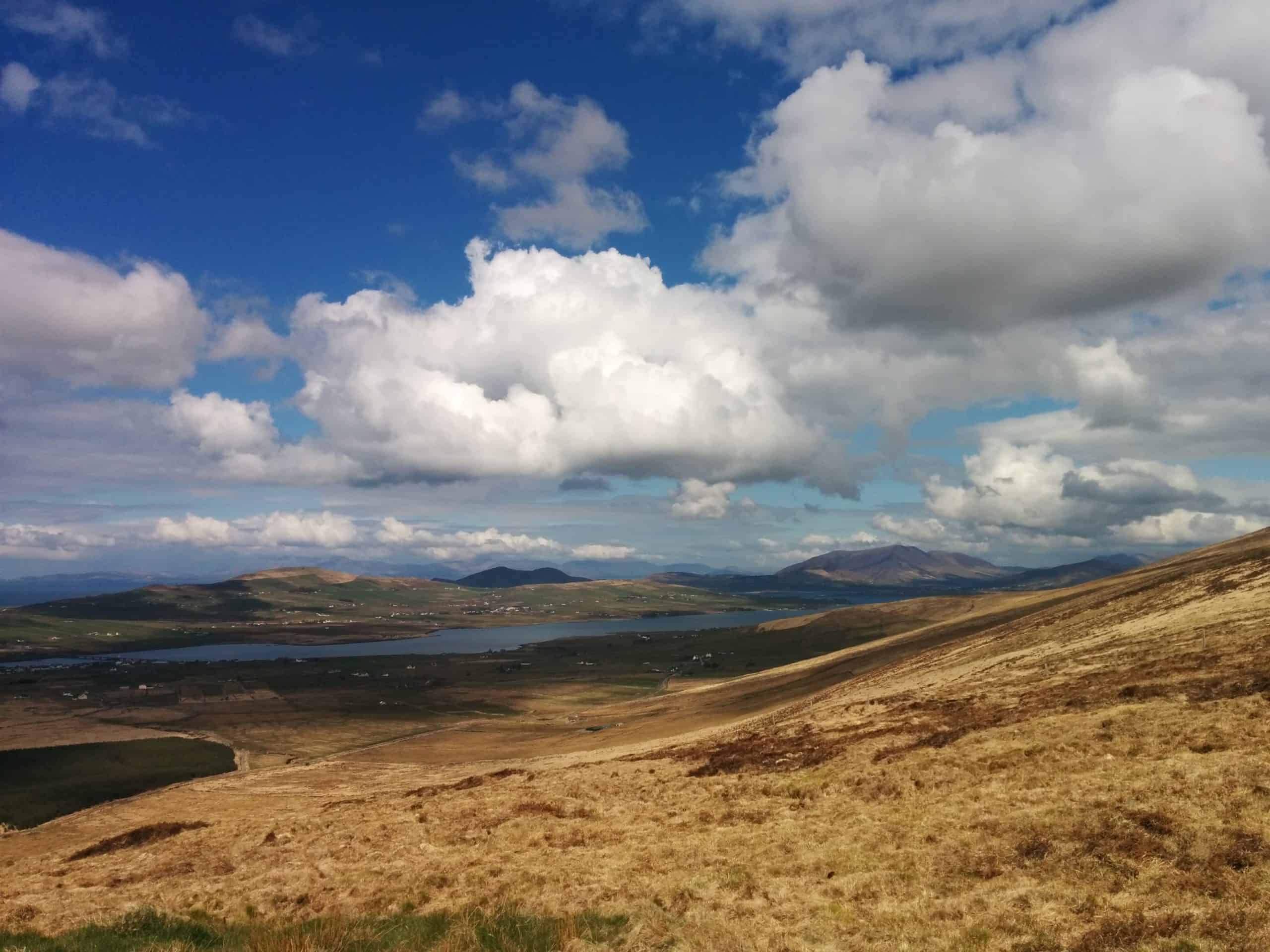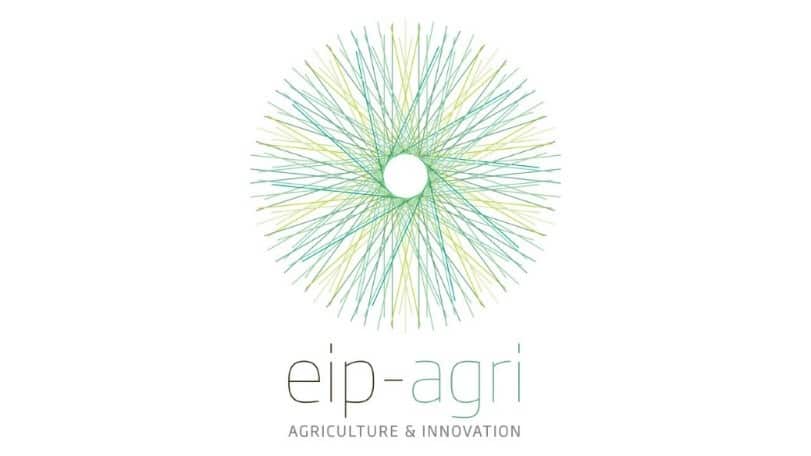
From the small holdings of Transylvania, to upland sheep farming in the West of Ireland, the olive groves of Greece, and sugar beet producing regions of France, the histories, environments, and practices of European agriculture are astoundingly diverse. Accounting for such different farming spaces has long presented a major challenge for policy makers. After all, policy tends to be general, working at the scale of regions, nations, or pan-national organisations like the European Union. How then can policy be flexible enough to accommodate the rich and complex characteristics of different farming spaces?
As part of a research project with Teagasc and UCD School of Geography, I have spent the past four years trying to understand how the Common Agricultural Policy deals with this diversity. The project focused specifically on agri-environmental schemes, which aim to make farming more environmentally sustainable. One tactic employed by the CAP has involved encouraging national governments to include a range of people and groups in the process of designing and implementing CAP schemes. The main rationale is that by including the knowledge of farmers, scientists, community groups, and other rural stakeholders, we can account for the characteristics of different farming spaces and thereby improve agri-environmental policy. Ireland’s EIP-AGRI Initiative reflects this trend. As part of this Initiative, the Department of Agriculture, Food and the Marine ran a competitive application process inviting locally embedded groups to form and propose projects that would address agri-environmental challenges in their local areas. By this means, the EIP-AGRI Initiative sought to include knowledge input from farmers, land managers, and others with a stake in land use. As readers of this blog will be aware, 23 of these pilot projects are now up and running.
Our research project focused on the early stages of the EIP-AGRI Initiative application process. We wanted to understand how these groups began, what their motivations were, and how they were able to work together to identify challenges and propose solutions. I spoke to members of three groups from environmentally protected upland sheep farming areas. Each group’s application proposed measures to improve grazing management on the mountains. There were three main similarities. First, although dozens of farmers were included in each group, four to seven locally embedded individuals were the main drivers of each respective application. These individuals tended to have experience as representatives in farming organisations, community development or other leadership positions. Second, those who led the process were highly motivated by the prospect of providing knowledge of the specific farming, social, and ecological characteristics of their local area. This prospect was a key reason to engage with the EIP-AGRI Initiative. Third, all groups engaged with local or external institutions that helped facilitate decision making, provided scientific knowledge, or provided policy advice. Significantly, the EIP-AGRI Initiative’s application process was flexible enough to allow for a merging of different kinds of knowledge, thereby allowing groups to produce proposals that addressed both local concerns and national policy goals.
To me, the EIP-AGRI Initiative represents an important step for Irish agricultural policy in beginning to acknowledge the contributions that farmers can make to adapting policy to diverse farming spaces. This kind of approach has the potential to build partnerships between different kinds of stakeholders for mobilising, sharing, and merging knowledge, as promoted by UN Sustainable Development Goal number 17. However, more comparative research is needed in order to identify the specific institutional arrangements and supports that allow these processes to occur in different contexts so that agri-environmental policy can be more effective and inclusive. Reflecting on the EIP-AGRI Initiative itself, it is also important to acknowledge the labour intensive, creative, and largely voluntary work carried out by local groups in producing EIP-AGRI Initiative proposals. For the government it is therefore important to continue communicating the value of the 23 current EIP-AGRI projects through bodies like the National Rural Network and provide information to the public as to how these will inform the post-2020 CAP.
[su_divider top=”no” size=”2″]
Author Biography
Jack McCarthy is a Walsh Fellow at Teagasc’s Rural Economy and Development Programme and a PhD candidate at University College Dublin’s School of Geography. He is supervised by Dr. David Meredith (Teagasc) and Dr. Christine Bonnin (UCD). His research looks at systems of rule through which European agriculture is governed. He is particularly interested in processes of collaboration between government and non-government actors in producing governance regimes in pursuit of environmental sustainability.

Jack McCarthy, UCD School of Geography
[su_divider top=”no” size=”2″]

[su_divider top=”no” size=”2″]
If you are interested in writing a guest blog post on the topic of EIP-AGRI, Farm Viability or LEADER to be featured on the National Rural Network website and various social media pages, please email Dr Shane Conway, Researcher at NUI Galway and with the NRN for more details: shane.conway@nuigalway.ie.
The NRN are always looking to highlight and promote innovative initiatives that will help inspire people in the farming community and in rural areas to maximize the success of the objectives set out in the Rural Development Programme 2014-2020.
[su_divider top=”no” size=”2″]

